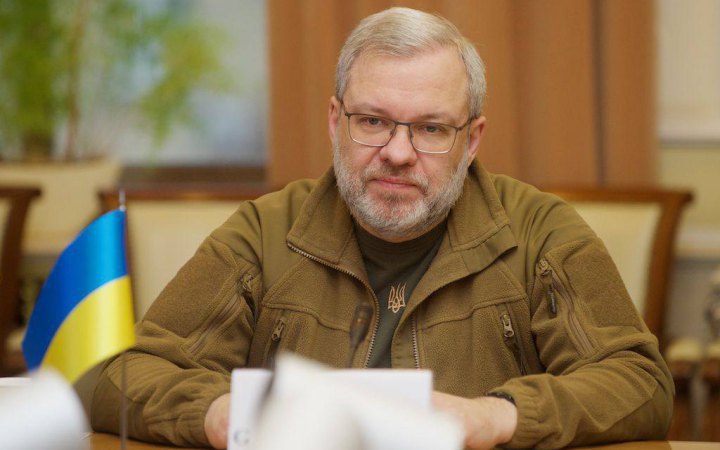Ukraine has finalised all necessary preparations to ensure a stable gas supply to consumers, even in the event of a complete halt in Russian natural gas transit. Energy Minister Herman Halushchenko made this statement during a teleconference, according to the Ministry of Energy’s press service.
“We have conducted a series of stress tests on our gas system to confirm that, after the transit stops, we will be able to operate stably and supply gas to consumers,” Halushchenko stated.
Ukraine has maintained a consistent position on the termination of Russian gas transit. Halushchenko emphasised that preparations for this scenario have been underway for some time:
“We have always communicated that transit would end on 1 January 2025. Our position has not changed, and we were readying ourselves for this outcome,” the minister explained.
- Prime Minister Denys Shmyhal also confirmed this development during a parliamentary session. Starting 1 January 2025, at 7:00 a.m., the Ukrainian gas transmission system will cease transporting Russian gas.
- Although the existing transit agreement with Russia could have been extended for an additional 10 years, Ukraine has opted not to do so due to the ongoing full-scale war.
- The decision to terminate Russian gas transit affects not only Ukraine but also neighbouring countries dependent on this route. Slovakia, for instance, has relied on Russian gas supplies through Ukraine and has threatened to stop supplying electricity to Ukraine in retaliation. Hungary also continues to buy Russian gas, despite the geopolitical implications.
- Ukraine’s decision aligns with its commitments under the EU Association Agreement, which includes obligations to supply gas and oil to the EU. However, Halushchenko reiterated that while Ukraine is committed to the agreement, it is not willing to cooperate with Russia.
- The move to halt Russian gas transit underscores Ukraine’s broader efforts to sever ties with Russian energy. Prime Minister Shmyhal had earlier stated that Ukraine also has no plans to continue transit through the Druzhba pipeline. This pipeline has been a key route for Russian oil deliveries to Slovakia, Hungary, and other EU countries.








